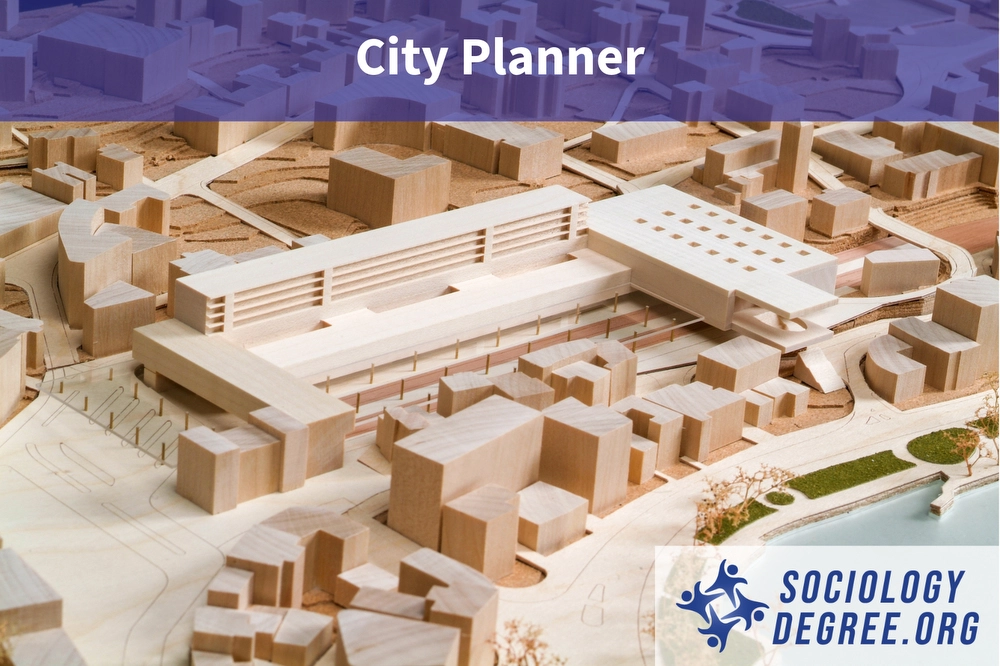Becoming a city planner is a rewarding career for those passionate about shaping communities and improving urban environments. A sociology degree provides the knowledge and skills necessary to succeed in this role by emphasizing social behavior, community dynamics, and the interaction between people and their built environments.
How to Become a City Planner
What Is a City Planner?
2025 Best Online Bachelor's Degrees in Sociology
What Is a City Planner?
Why Get a Sociology Degree for a City Planner Career?
Degree Pathways
| Degree Level | Requirement for City Planner Career | Notes |
|---|---|---|
| Bachelor’s Degree in Sociology | Sufficient for entry-level positions as a city planner. | Most city planning departments require at least a bachelor’s degree in sociology, urban planning, or a related field. |
| Master’s in Urban Planning (MUP) | Preferred for advanced roles, specialized planning, or leadership positions. | A Master’s degree is often necessary for roles involving policy development, zoning, or large-scale urban design projects. |
| Alternative Degrees | Geography, Environmental Studies, Civil Engineering. | These fields also provide relevant skills and knowledge for careers in city planning. |
Do I Need Any Credentials or Certifications?
While a bachelor’s degree may be sufficient for entry-level city planner positions, many employers or jurisdictions prefer candidates with additional certifications or credentials:
- American Institute of Certified Planners (AICP) Certification: Offered by the American Planning Association (APA), this certification is highly valued in the field and demonstrates expertise in planning principles, ethics, and best practices. Candidates must meet education and experience requirements and pass a comprehensive exam.
- Geographic Information Systems (GIS) Certification: Proficiency in GIS software is a critical skill for city planners, and earning a GIS certification can enhance qualifications for roles involving mapping, spatial analysis, and land use planning.
- LEED Accreditation: For planners involved in sustainable design or environmental projects, becoming a LEED Accredited Professional through the U.S. Green Building Council can be beneficial.
Even if not required, certifications can significantly improve your qualifications, demonstrate specialized expertise, and boost job prospects in the competitive field of city planning.
City Planner Salary
Why Sociology is Ideal for an City Planner Career
A sociology degree equips you with a strong understanding of social behavior, community dynamics, and societal structures, all essential for a career as a city planner. The ability to analyze social systems, understand cultural diversity, and communicate effectively prepares you to design and implement plans that improve urban spaces and meet community needs. By specializing in urban studies, completing relevant internships with planning departments or development agencies, and pursuing certifications such as AICP or GIS, you can successfully build a rewarding and impactful career in city planning.

